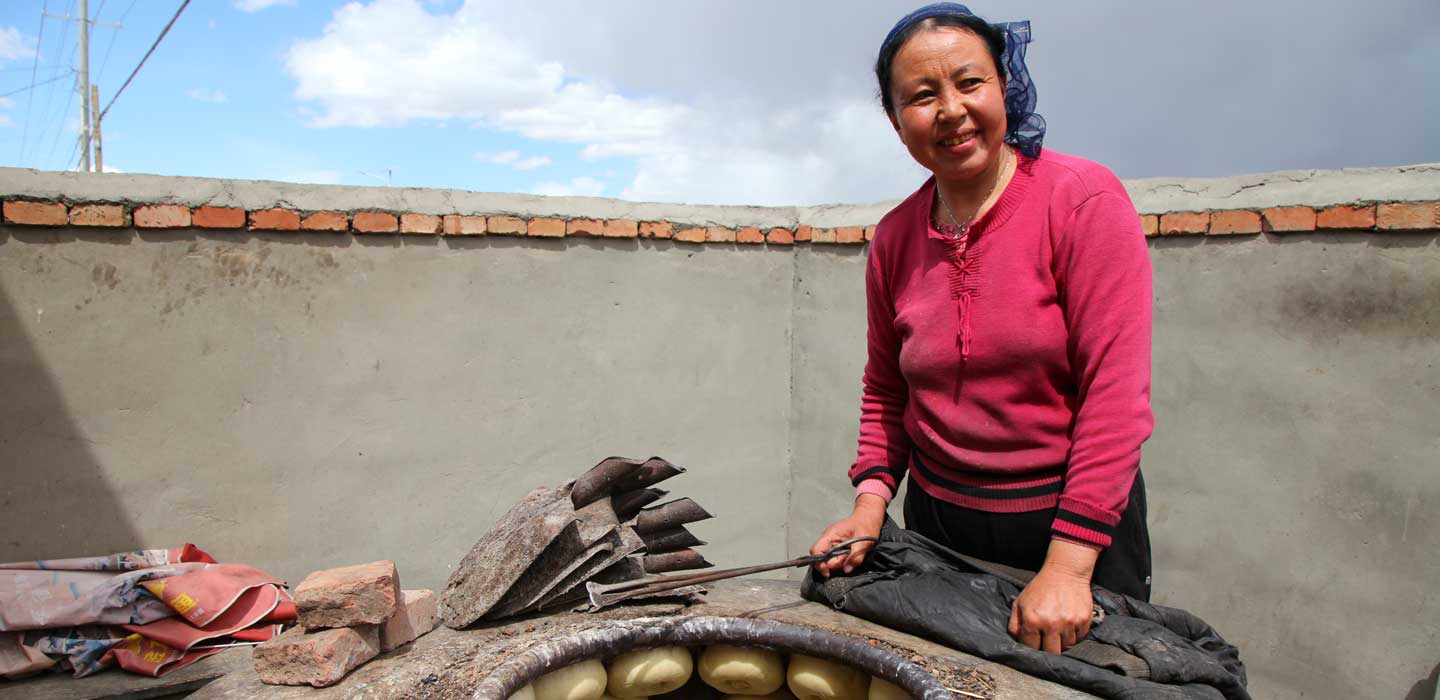Stories
Stories

Stories
Manual Submenu Topics
Search Results Filters
Search Results
What we’re reading for World Water Week
Here’s a list of our favourite books and other resources about the state of water in our world and the way it intersects with our politics, economics and societies.
Community-driven change brings water security in Tonga
Eua Island is home to many of the Kingdom of Tonga’s natural resources. Recently, climate change and natural disasters have caused significant water supply challenges, but an IFAD-supported project – made possible by the islanders’ incredible community spirit – is working to change that.
The Greenthumb Youth Group casts their nets
The Greenthumb Youth Group hadn’t had much luck with traditional farming. But thanks to a grant to set up an aquaponics venture – combining crop farming and fish farming – their success is making waves all along the value chain.
In Rwanda, public-private partnerships benefit small-scale cassava farmers
Cassava is one of Rwanda’s most important staple crops, but market access remains a challenge. The Ingabo Syndicate, an organization of cooperatives, has been helping its cassava producers find markets for over two decades – most recently, through public-private partnerships.
Responding to the challenges of a year like no other: IFAD’s 2020 Annual Report
IFAD’s Annual Report provides a concise, compelling and interactive discussion of how we addressed the challenges of the last year.
New horizons for the Ingobor Youth Group
Meet Ingobor, a group of 20 former bus drivers and conductors who pooled their resources and established a successful dairy business.
Three ways to harvest water in Brazil’s sertão
For centuries, people living in Brazil’s semi-arid region have struggled with a lack of water. But over the last decades, thanks to support from IFAD and other development actors, these communities are squeezing a few more drops of water from Mother Nature.
The potential and unknowns of gender transformative approaches
With less than a decade left to meet the Sustainable Development Goals, the sobering current global trajectory is one in which it will take roughly 170 years to achieve gender equality. The current global pandemic has both made gender inequalities more visible and worsened them, including in food systems.
Seeing the invisible, doing the impossible: A young Nigerian entrepreneur’s journey to success
Dorothy Chia Vandefan is nothing if not insightful. She describes herself as a serious-minded agricultural entrepreneur who can create opportunities where there seem to be none – and she’s right.
In Moldova, new frontiers for the honeybee business
Thanks to an IFAD-supported grant, Ecaterina’s honey business is taking off – and now she and her fellow entrepreneurs have a bigger market reach than ever before.